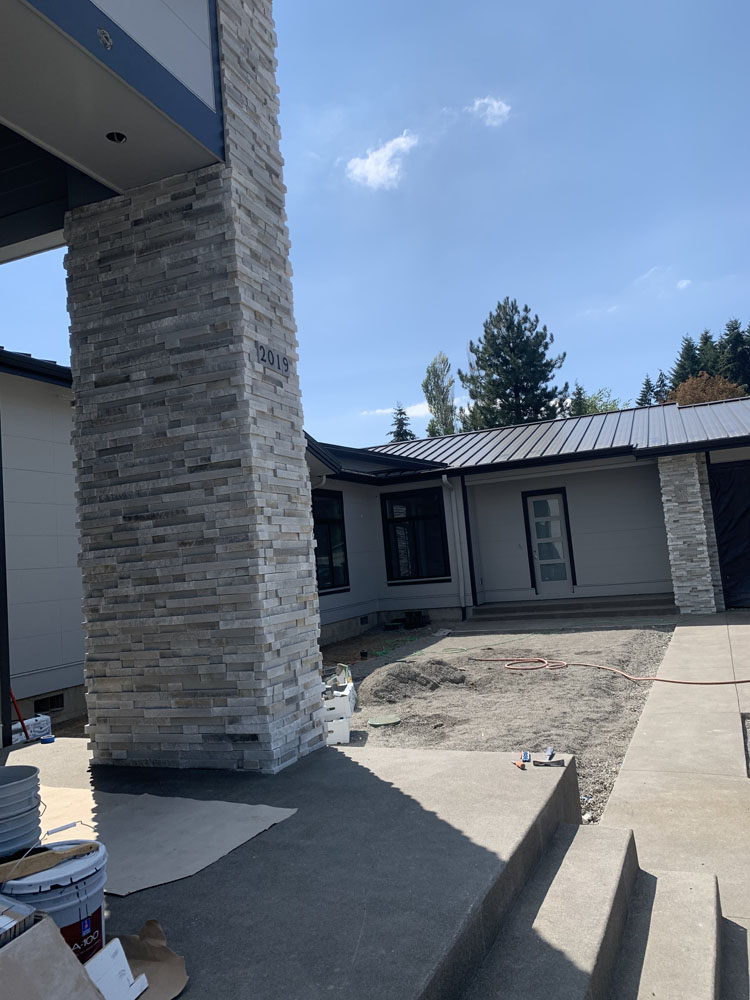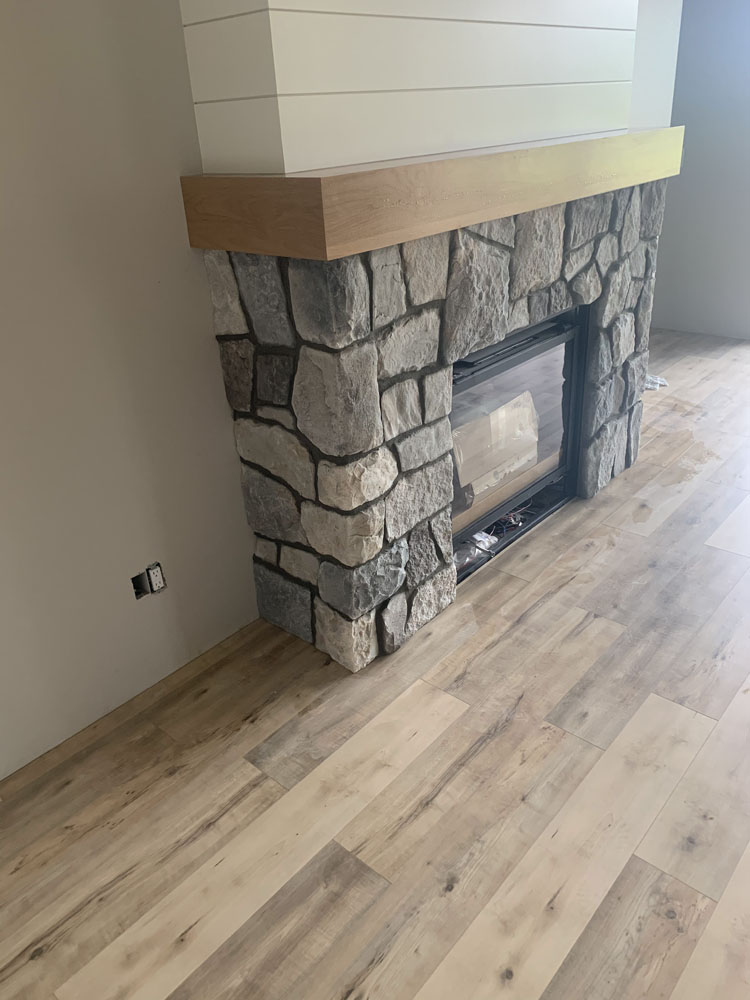Introduction
Masonry has actually been a keystone of architectural design and construction for centuries. The strategies employed by skilled masonry professionals have actually evolved significantly from the old worlds that initially utilized the power of stone and brick. mason In this short article, we'll dig deep into the world of stonework, exploring its rich background, modern-day innovations, and insights from seasoned experts in the field.
What is Masonry?
Masonry refers to the building procedure that utilizes materials such as rock, brick, or cinder block. It's an approach that not just stands the test of time but also provides aesthetic allure and structural stability. With roots tracing back thousands of years, stonework has actually been critical in developing several of humankind's most renowned structures.

The Evolution of Stonework Techniques
From Old Rocks to Modern Frameworks: Insights on Masonry Methods from Seasoned Contractors covers a wide range of masonry methods. This evolution showcases exactly how advancements have changed standard approaches right into modern approaches.

Historical Overview of Masonry
- Ancient Civilizations: The Egyptians made use of rock blocks to produce significant structures like pyramids. Roman Innovations: The Romans refined the use of concrete, allowing for much more complex designs. Medieval Masonry: Gothic cathedrals showcased detailed stonework that emphasized height and light.
Each period contributed distinct strategies that notified modern practices.
Essential Devices Made use of by Masonry Contractors
Understanding the tools used in masonry is crucial for appreciating the craft. Here are some key tools made use of by masonry professionals:
Trowel: Made use of for spreading out mortar and forming bricks. Level: Makes sure frameworks are even. Masonry Saw: Puncture rocks and blocks with precision. Pointing Tool: For completing joints between stones.By grasping these tools, contractors make sure top quality workmanship in every project.
Types of Stonework Techniques
Different types of masonry strategies deal with different architectural demands:
- Brick Masonry: Standard yet functional, block gives outstanding thermal properties. Stone Masonry: Includes making use of all-natural stones; fantastic for durability and aesthetics. Concrete Block Masonry: Affordable and solid; ideal for contemporary construction.
Each technique has its advantages relying on project requirements.
The Function of a Stonework Contractor
A masonry service provider plays a critical role in both household and business jobs. They not only bring competence but additionally ensure conformity with building codes and regulations.
Responsibilities of a Stonework Contractor
Assessing Task Requirements Sourcing Quality Materials Overseeing Construction Processes Ensuring Safety StandardsThese duties highlight their integral duty in effective construction projects.
The Significance of Quality Materials
Using high-quality products can substantially affect the long life and look of a structure. Seasonal variations can influence material performance, which is why seasoned contractors emphasize picking appropriate products based upon environmental conditions.
Common Materials Used in Masonry
- Clay Bricks Natural Stone Concrete Blocks Mortar Mixes
Each product offers its function while adding to overall structural integrity.
Modern Technologies in Masonry
As innovation developments, so do stonework techniques. Modern innovations consist of:
3 D Printing Technology: Improving building and construction processes. Eco-Friendly Materials: Lasting choices are getting grip among contractors. Advanced Mortars: Boost adhesion and resilience under varying climate conditions.These advancements present new opportunities for engineers and contractors alike.
Challenges Encountered by Today's Stonework Contractors
Even seasoned service providers run into obstacles:
- Weather problems can delay projects. Material scarcities might occur unexpectedly. Adapting to brand-new technologies requires continuous learning.
Addressing these obstacles is crucial for preserving task timelines and quality standards.
Safety Practices in Masonry Work
Ensuring security on-site is vital for any type of stonework specialist:
Wearing Personal Protective Tools (PPE) Using scaffolding properly Proper lifting strategiesImplementing these methods helps avoid mishaps and injuries during construction activities.
Case Research studies of Historic Frameworks Built with Masonry
Examining historic structures uses useful understandings right into efficient stonework techniques:
The Great Wall surface of China
Constructed over centuries, this huge framework highlights ancient stonework techniques still admired today.
Colosseum in Rome
A wonder of Roman engineering, showcasing innovative concrete usage during its time.
By researching these situations, modern-day service providers can amass lessons applicable to current projects.
Future Trends in Masonry
As we look in advance, a number of trends might shape the future landscape of stonework:
Increased Use Prefabricated Units Enhanced Sustainability Practices Digital Cooperation DevicesThese fads show how service providers should stay versatile to grow in an evolving market landscape.
Frequently Asked Questions (FAQs)
1. What makes a good masonry contractor?
A good stonework service provider has experience, expertise about materials, attention to information, strong communication skills, and adherence to security procedures-- all important top qualities that ensure successful task outcomes.
2. For how long does it take to complete a stonework project?
The timeline differs commonly depending on factors such as job dimension, complexity, product accessibility, climate condition, and manpower efficiency-- varying from weeks for little work to months for larger building and constructions like buildings or walls.
3. What prevail issues encountered throughout masonry work?
Common issues include moisture infiltration resulting in mold and mildew development or damage with time; inappropriate mixing ratios triggering weak bond staminas; weather-related delays; or unanticipated architectural problems discovered throughout remodellings or fixings-- each calling for cautious monitoring by competent contractors.
4. Is it essential to hire experts for small stonework jobs?
While do it yourself enthusiasts may deal with minor repairs or setups themselves if they have adequate skills/knowledge concerning pertinent tools/materials included-- it's typically recommended hiring specialists guarantees top quality handiwork lessens possible errors/costly mistakes down road-- especially when architectural integrity at stake!
5. Are there eco-friendly options readily available in masonry?
Yes! Numerous producers now produce lasting items made especially decrease environmental impact-- such as recycled material bricks/concrete blends-- allowing customers build sensibly without giving up style/functionality!
6. What maintenance does masonry need over time?
Routine inspections must be conducted recognize visible cracks/joint splitting up making sure seals intact protecting against water damage-- regular cleansing will additionally maintain surface areas looking fresh/appealing while safeguarding underlying structure integrity!
Conclusion
In conclusion, discovering the journey "From Old Rocks to Modern Structures: Insights on Masonry Techniques from Seasoned Specialists" discloses not just background however likewise technology within this ancient craft-- a testimony resilience flexibility showed throughout centuries! With each passing decade yields new obstacles & & opportunities shaping future landscape industry, yet core concepts craftsmanship remain unchanged leading hands experienced masons today towards creating magnificent long-lasting works design inspiring generations yet come!